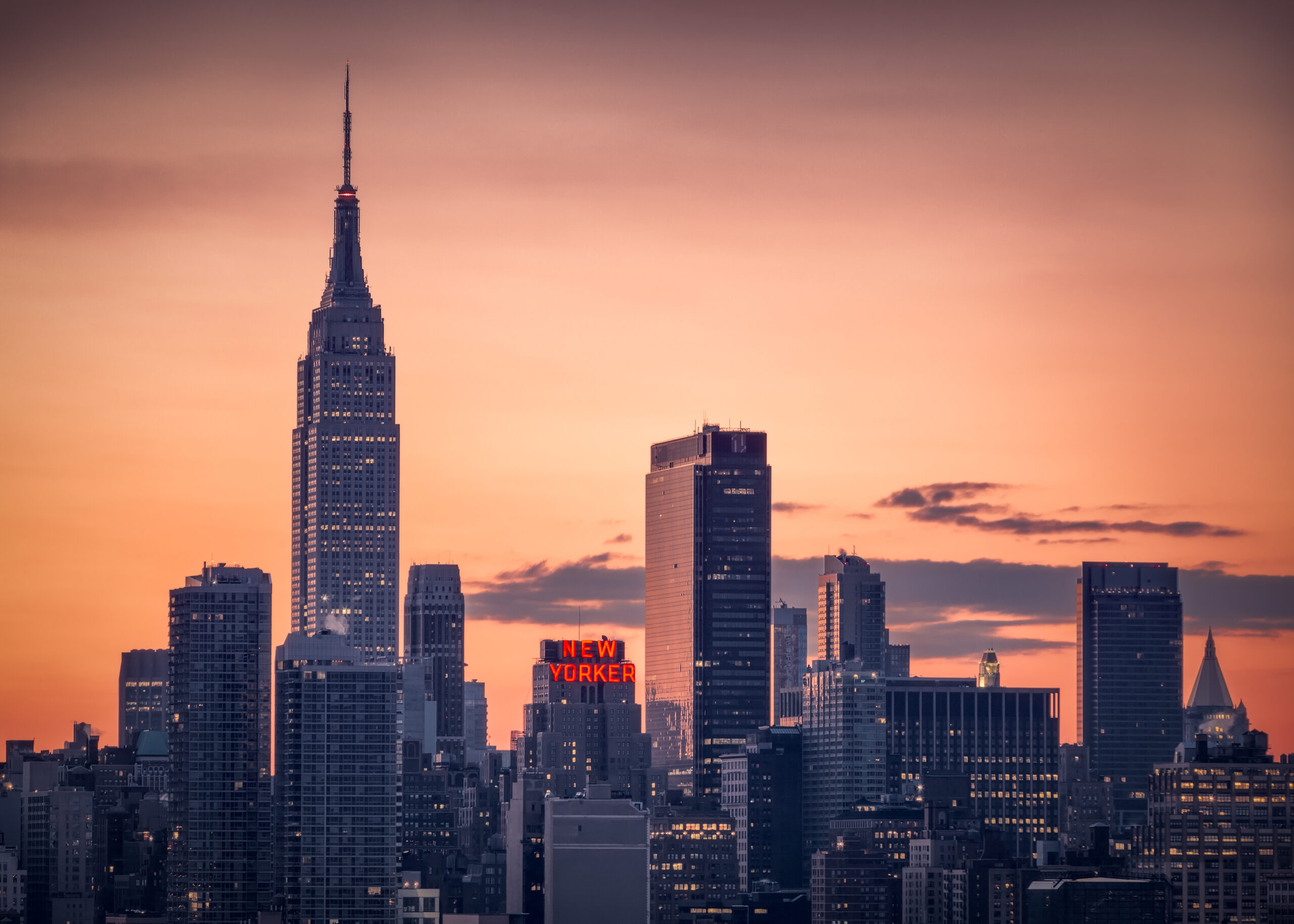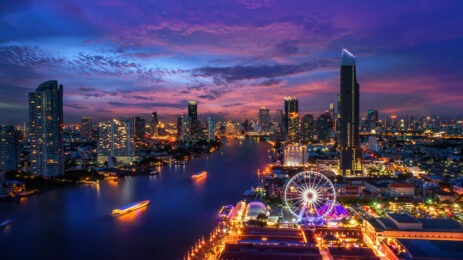Proposed law may impact pricing, but it’s more complicated than that
The city that doesn’t sleep should not mind having the number of its hotel rooms go down, but meeting profs will—and proposed licensing of hotels in New York City will hasten the drop, according to trade groups for the hotel industry. But that’s just one factor in a complex hotel environment in the city.
Here is the situation to date, in brief.
In late July, Julie Menin, a member of the city council and a former commissioner of the city’s Department of Consumer and Worker Protection, introduced a bill titled the Hotel Safety Act that would require New York’s 769 hotels to be licensed, as they are in most major U.S. cities. The bill has been endorsed by 35 of 51 council members and is backed by the city’s five district attorneys and the police union.
As a columnist in The New York Times noted, “Unlike restaurants, bars, nail salons, newsstands, locksmiths, used-car dealerships, carwashes and even scrap-metal processors, among others, no license is required to run a hotel in a place that attracts tens of millions of visitors a year. Developers must get building permits, follow zoning rules and demonstrate an adherence to fire codes, but beyond that, oversight is essentially laissez-faire.”
Read More: Bright Lights, Big City Resorts
Yet the hotel industry reacted with a Code Red. One hotel trade group called the proposed law a “nuclear bomb.” The American Hotel & Lodging Association (AHLA) called it “potentially devastating,” even after Menin postponed a public hearing to reintroduce a revised version. Vijay Dandapani, president and CEO of the Hotel Association of New York City, called the bill a “travesty” that would eliminate jobs and lead to skyrocketing room rates.
Menin and other proponents say it will give the city the long overdue authority to bring actions against, and even close, hotels that are bad actors—flagrant sites of violence against guests, drug activity and human trafficking.
Opponents point to a number of the bill’s provisions as onerous bureaucratic over-reach. Such as a requirement for hotels with 100 rooms or more to employ hotel staff for front desk and housekeeping—not contracted workers—and have panic buttons for workers who clean and maintain guest rooms. It would also require continuous front desk coverage, daily housekeeping and on-site security.
The Bottom Line for Meeting Profs
But what might the proposed law mean for the meetings industry? A leading lodging expert says it should be viewed in the larger context of the New York City hotel landscape.
The city has recently sharply curtailed short-term rentals on platforms like Airbnb by requiring hosts to be present during a guest stay and limiting the number of guests to two, among other mandates, notes Jan Freitag, senior vice president of lodging insights for STR and national director for hospitality analytics for CoStar Group. That means leisure travelers are competing more heavily for available rooms. At the same time, room inventory has been reduced by 16,000 so the city could house a recent influx of immigrants and migrants.
But the thing Freitag thinks is the most significant factor for meetings professionals is that the city has also made it much more difficult to get approval to build new hotels, portending even more demand pressure for hotel space.
Read More: No More Ms. Nice Planner! It’s Time to Demand Support for International Programs
Freitag says New York City’s hotel development pipeline currently stands at about 8,000 rooms in construction. But by 2027 or sooner, there will be “almost nothing” in the pipeline. “The pipeline in New York used to be 10,000 rooms,” he says. It gets worse. A significant portion of the hotels that will get built over the next few years will be limited-service properties with no ballrooms and sparse meeting space.
Hotel room rates in New York for the first six months of this year are already up by 5.6%, Freitag says, as compared to under 2% in the top 25 markets and about 1.2% for the entire nation.
Add to this complex hotel environment the ongoing recovery of international travel. “If you’ve never been to America, and you’re coming from Europe, from Latin America, from Asia, New York City is absolutely the first or second stop,” Freitag says. “And that continues to drive room demand, too.”
So, regardless of the effect of the proposed Hotel Safety Act, if it is enacted, “you have that headwind for room rates, which will continue to accelerate.” Will planners be able to find enough sleeping rooms for their meeting attendees?
Freitag’s response: “The answer is always yes. The question is, at what rate?”




